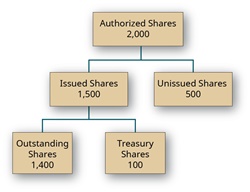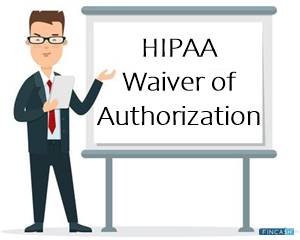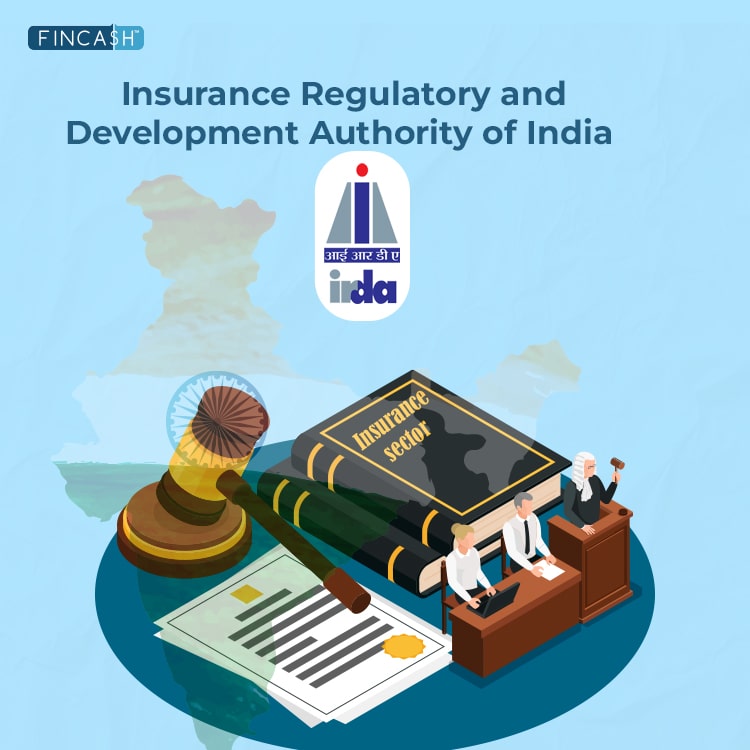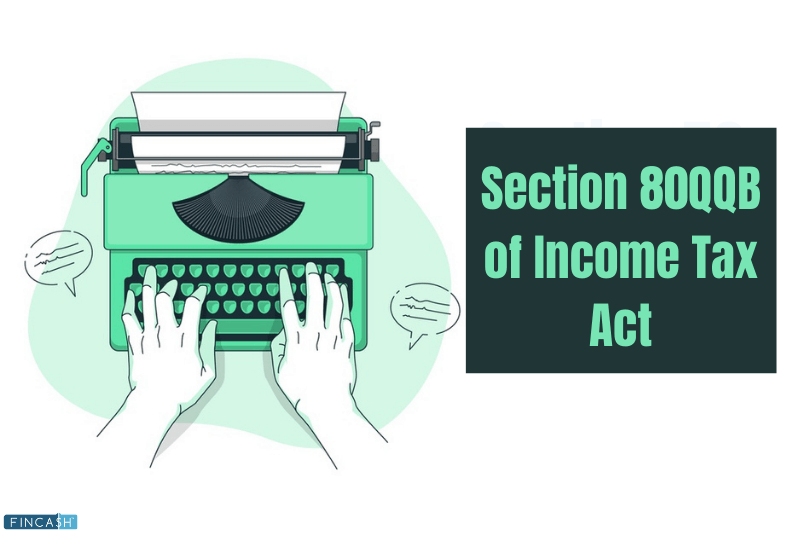
Table of Contents
Implied Authority
What is Implied Authority?
Implied authority is referred to an agent, who works with the jurisdiction, to perform reasonably necessary acts with an objective to accomplish the goals of an organization.

Under the contract law, the implied authority must have the competence to make a legally binding contract on behalf of another company or person.
Understanding Implied Authority
Implied authority is the authority that is not written or expressed in a contract. However, an agent is assumed to have this authority to transact the business for a principal. Implied authority is related to express authority, considering not every detail of the authority of the agent is communicated in the written format.
For instance, express authority signifies that the agent has got the authority to act on the principal’s behalf. Implied authority is applied to the agent of an insurance company who has the authority to implore Life Insurance applications on behalf of an insurer.
When the insurer provides the agent with a right to authority, it also provides the implied authority to Call prospects on behalf of the insurer to arrange appointments. Not just that, but implied authority is also applied in the situation where a person wears a uniform or a nametag that has the trademark or the logo of an organization.
Talk to our investment specialist
Example of Implied Authority
Let’s take a perfect example of implied authority here. Suppose you visit a restaurant and the server tells you that you’d have to buy a starter to get a free beverage. Now, the server has made a contract with you on behalf of the restaurant.
The authority of the server is implied because they have been selected as the only employee of the restaurant to do business with you. Whether other employees get involved is immaterial as it is anticipated that the server would be the only person needed to complete your transaction.
In this situation, if the manager comes to you and informs that the server committed a mistake and that there is no free beverage available, this would lead to a direct violation of a contract that was made between you and the server.
The restaurant could put a penalty on the server; however, because of the implied authority, they would have to oblige the agreement and give you a free beverage. The same concept is applied to complex legal situations.
All efforts have been made to ensure the information provided here is accurate. However, no guarantees are made regarding correctness of data. Please verify with scheme information document before making any investment.











